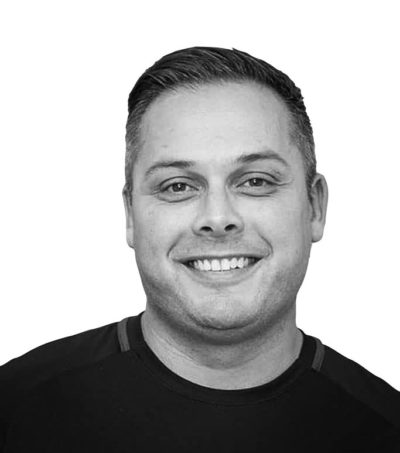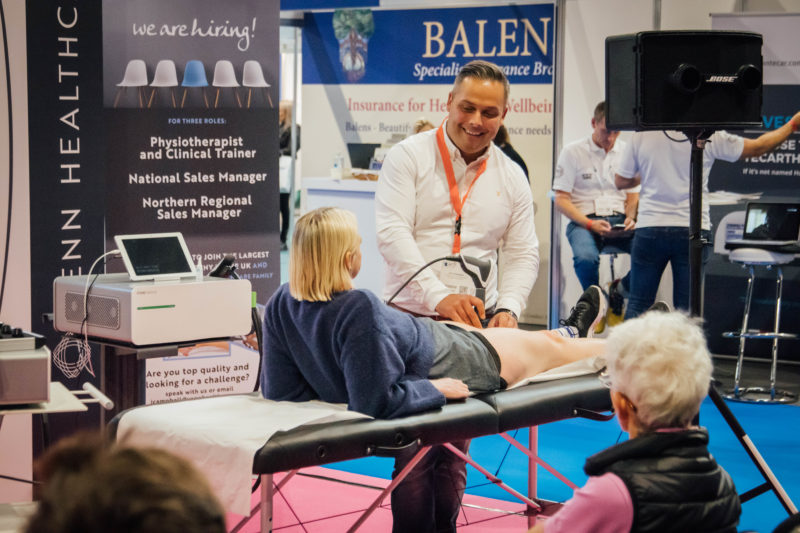Ove Indergaard is the owner of Indergaard Physiotherapy in Leeds, as well as joint founder of ED Clinics, a collective of clinics treating men’s health conditions with shockwave therapy. He has been using shockwave therapy for more than 8 years. He now teaches shockwave both in the UK and internationally. See our courses page for Ove’s upcoming shockwave training dates in centres around the UK.
The following interview was featured in Frontline Magazine, the official magazine of the Chartered Society of Physiotherapists.
How did you start your journey with shockwave?
I started looking into Shockwave as I was trying to solve a problem in the clinic. A proportion of my clients with stubborn tendinopathies who were struggling to get better and despite rehab and progressive loading were still struggling with pain.
During my research I came across shockwave therapy, and after attending a course I purchased my first shockwave machine which was a radial device.
Patients who had previously struggled with doing their exercises and had a lot of pain, now started getting better within 2-3 treatments. How I dealt with these problematic conditions then changed forever. I now have both Focused and Radial Shockwave devices from Storz Medical in my clinic.

What percentage of your patients receive shockwave treatments?
In general, as I have been doing this for several years people now come to see me specifically for shockwave therapy. I would say around 50% of my patients are requesting the treatment. I have found that awareness of the technology and its potential to help with pain and mobility has increased massively. Shockwave’s reputation is certainly growing amongst the general public.
What conditions do you see the most of?
Well, tendinopathies are a large part of my clinical practice, from the standard Achilles and Plantar fasciitis, to GTPS, Lateral epicondylitis and Calcific Tendonitis in the shoulder. But we have great success with OA knees, and chronic myofascial dysfunctions too.
What conditions do you think responds the best to shockwave therapy?
The conditions it has the greatest impact on are longstanding conditions such as plantar fasciitis, Achilles and GTPS. Combined with a good rehab program consisting of activity modification, appropriate loading, and gradual progression these do very well, and the patients are happy.
How has shockwave advanced your practice?
shockwave therapy has allowed me to increase my success rate with conditions which sometimes struggle to get better. Since I started with shockwave therapy, I have also started using ultrasound scanning to evaluate some of the tendons that come into the clinic, and together I have improved my clinical reasoning, and can direct the patient better in their journey to becoming pain free and back to full function.
As a well-respected educator on shockwave therapy, where do you see the future of the technology?
Shockwave therapy is definitely here to stay for MSK conditions. We will probably see an increase in the number of indications that is treated with shockwave and the protocols getting better and better. The areas that are exciting for the technology is how they shockwaves are now able to treat Alzheimer’s disease, Parkinson’s and even cardiac indications, these currently in its infancy but shows great promise.
See more of Ove on our courses page, or his clinic website Indergaard Physiotherapy





